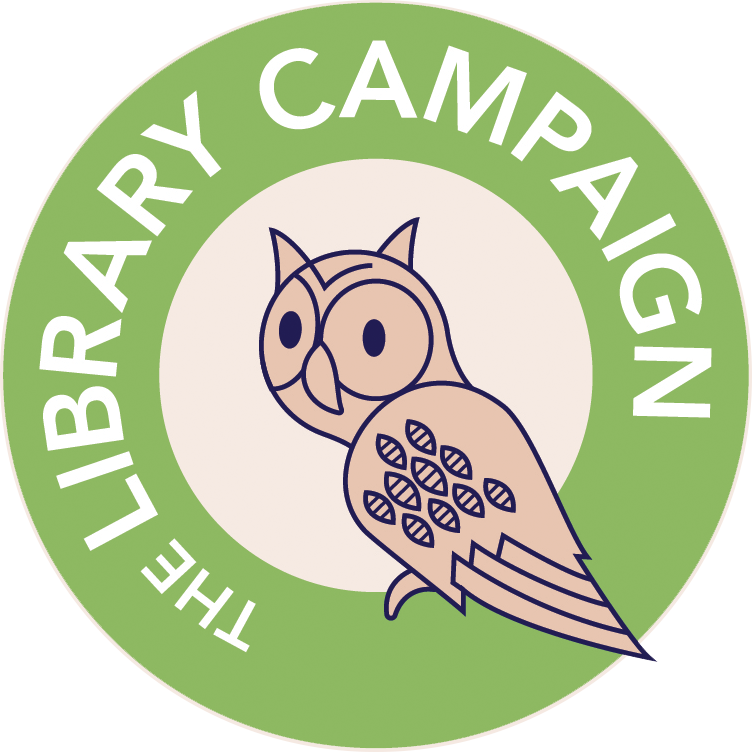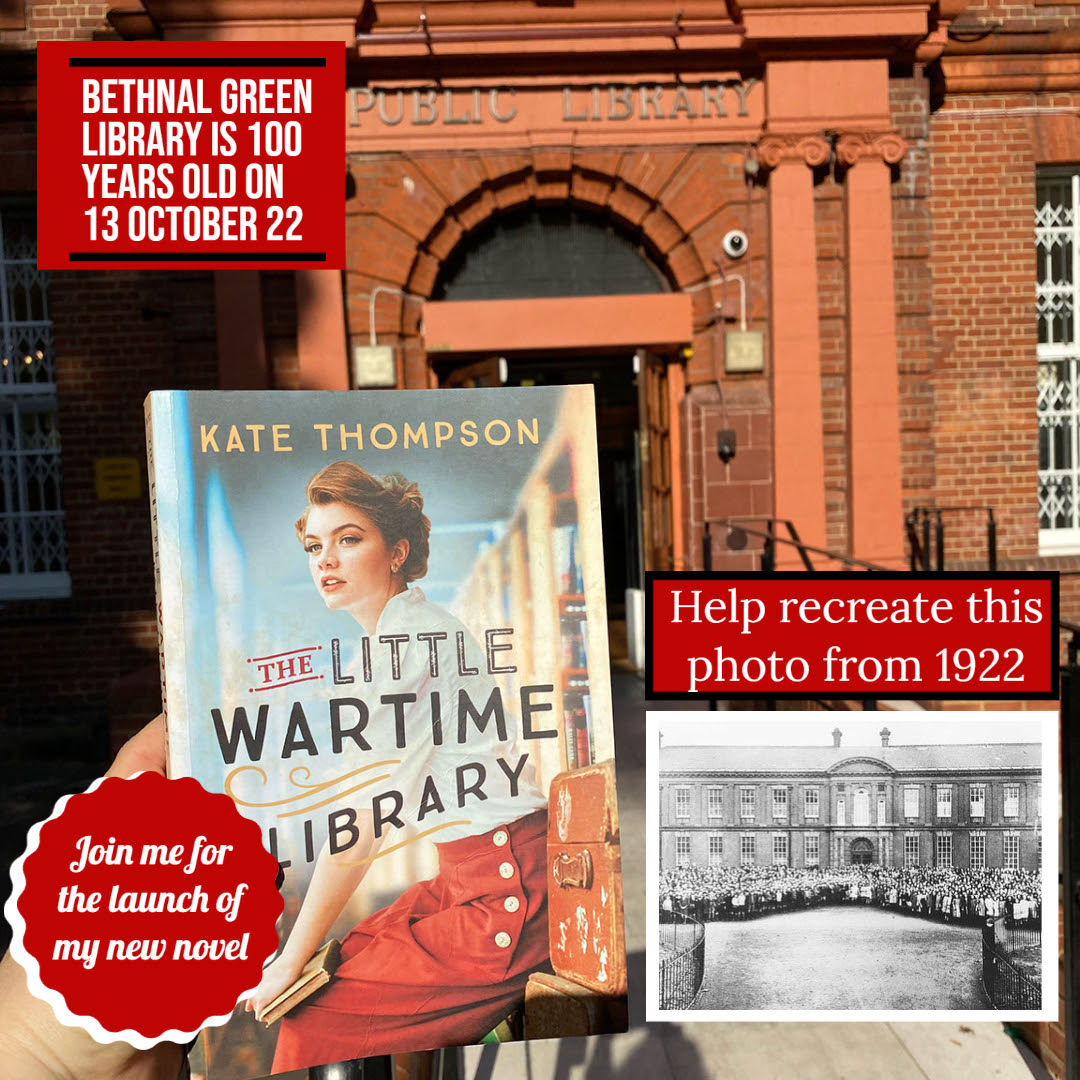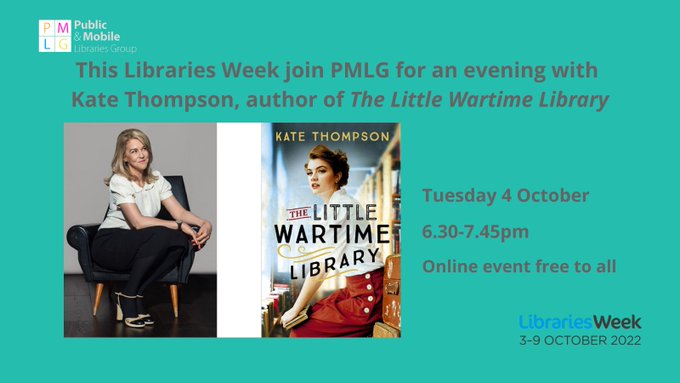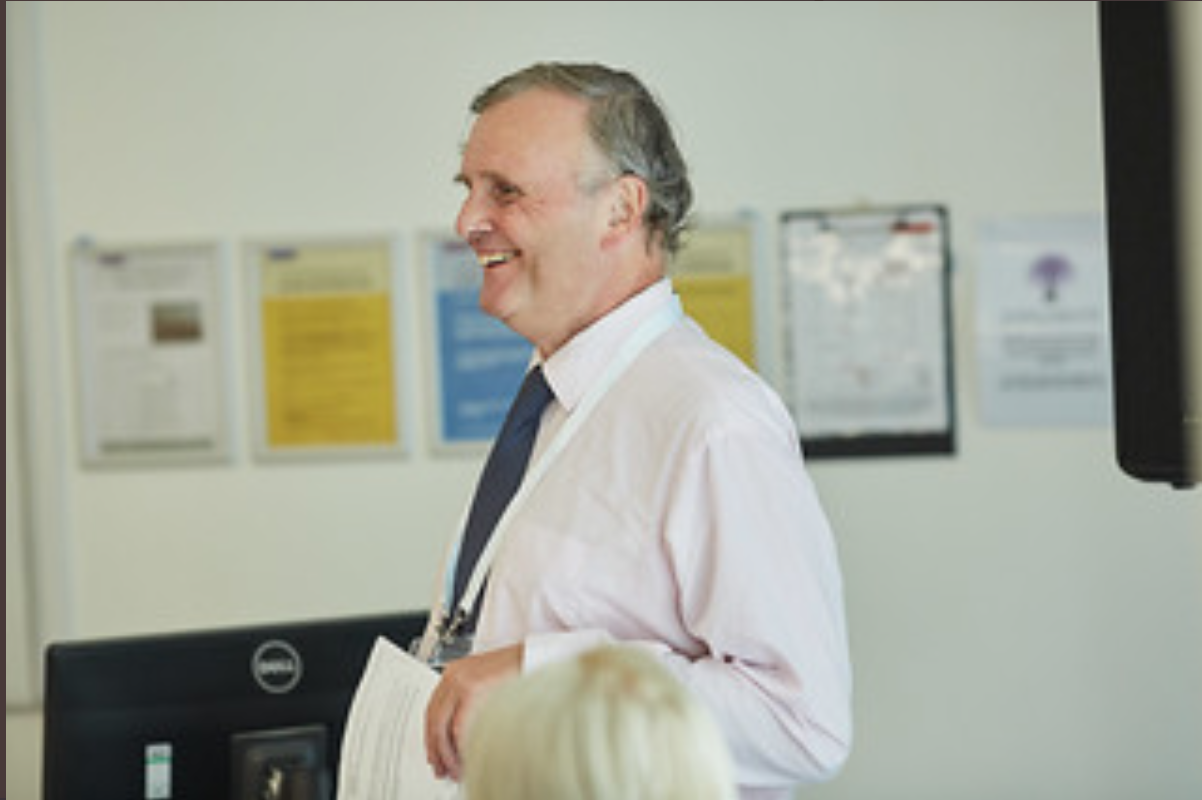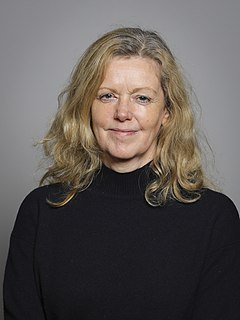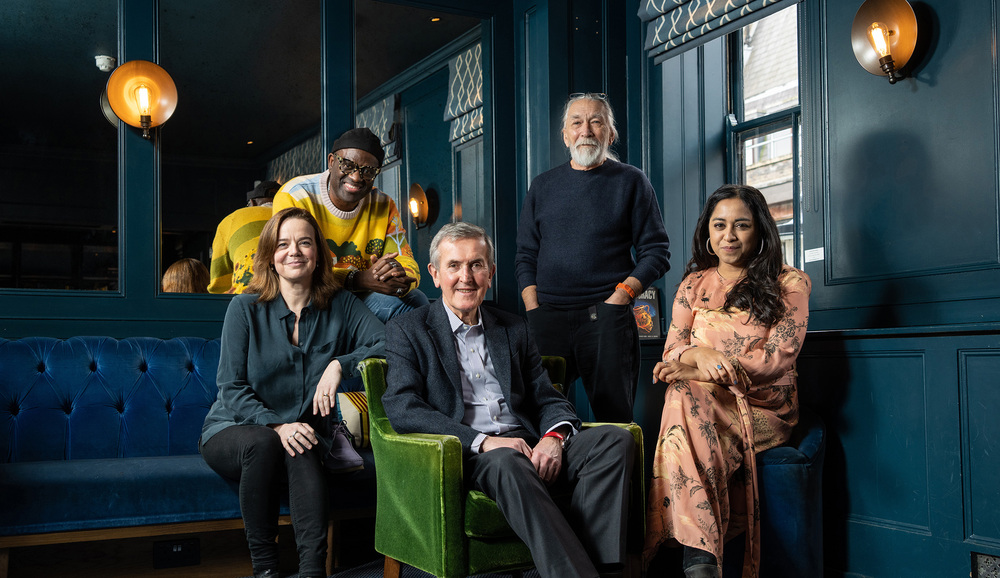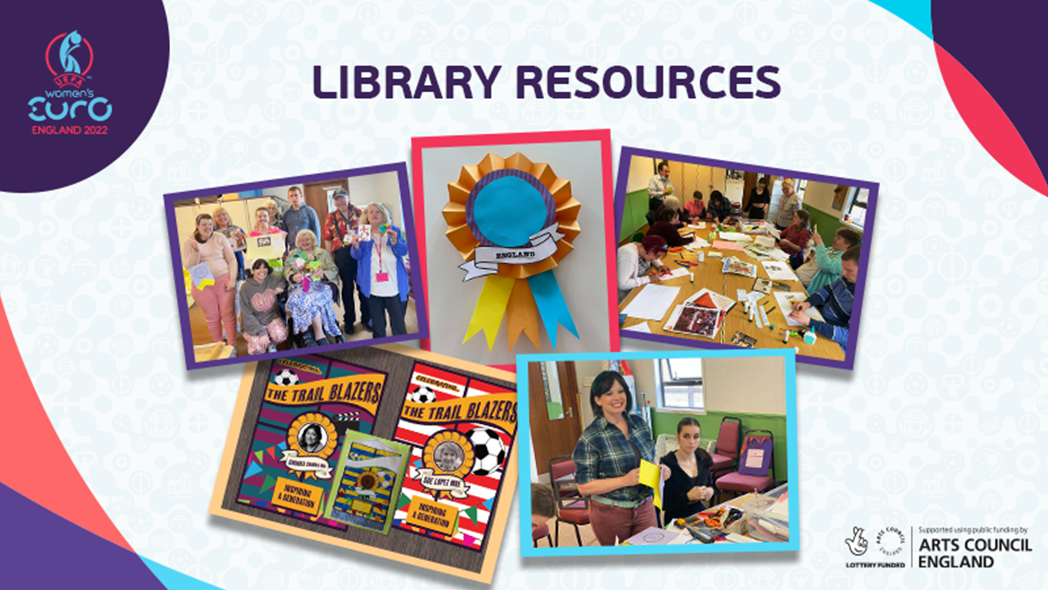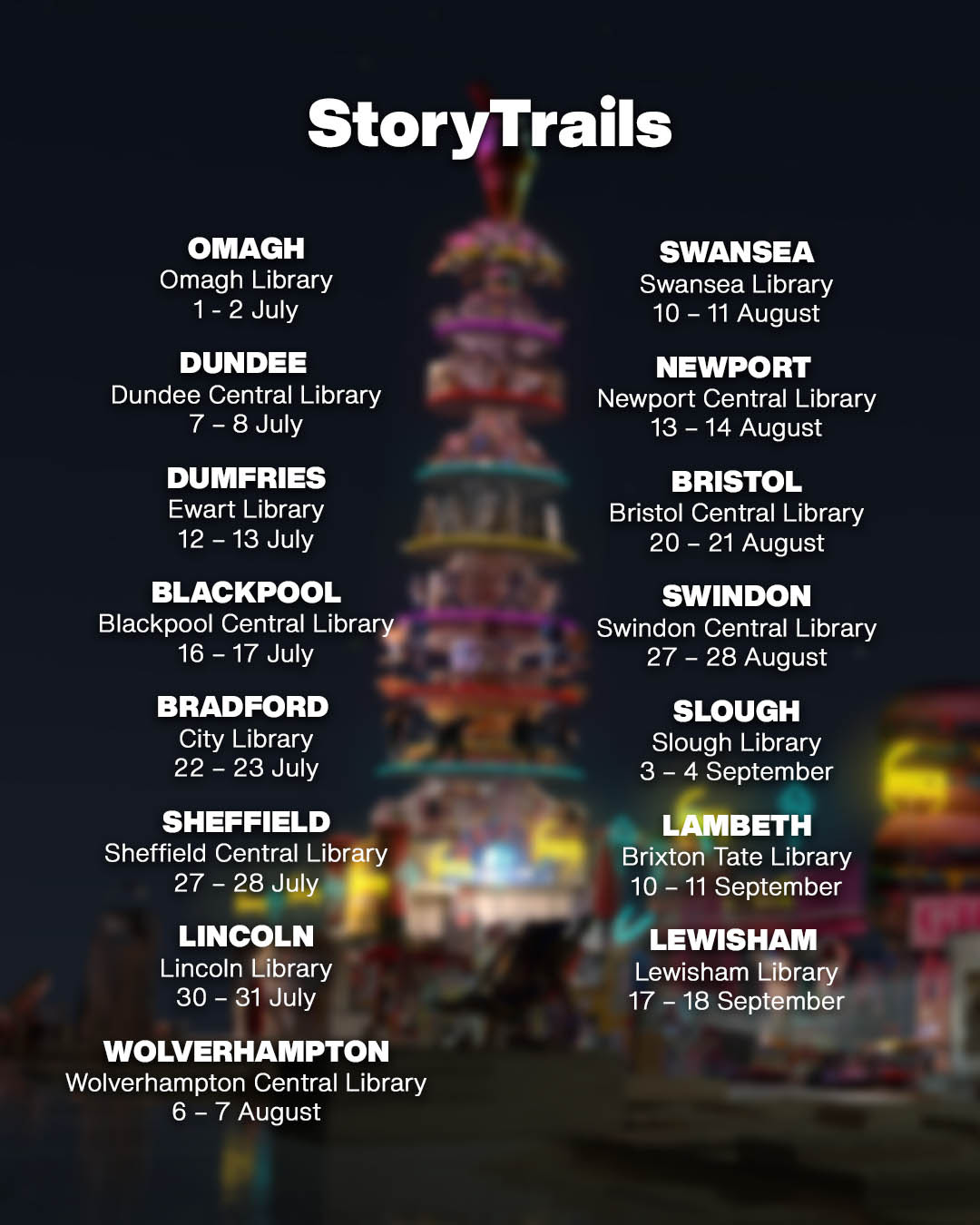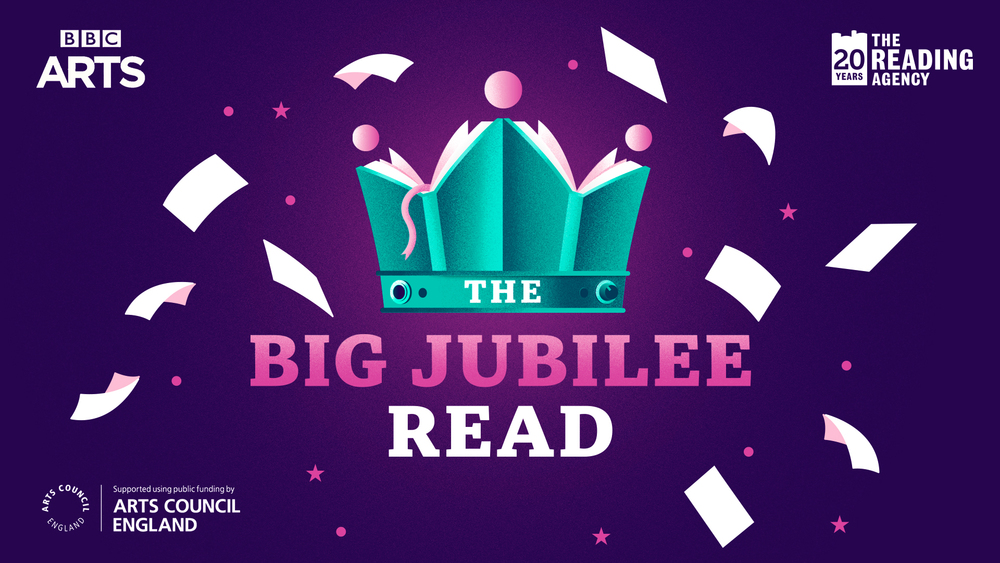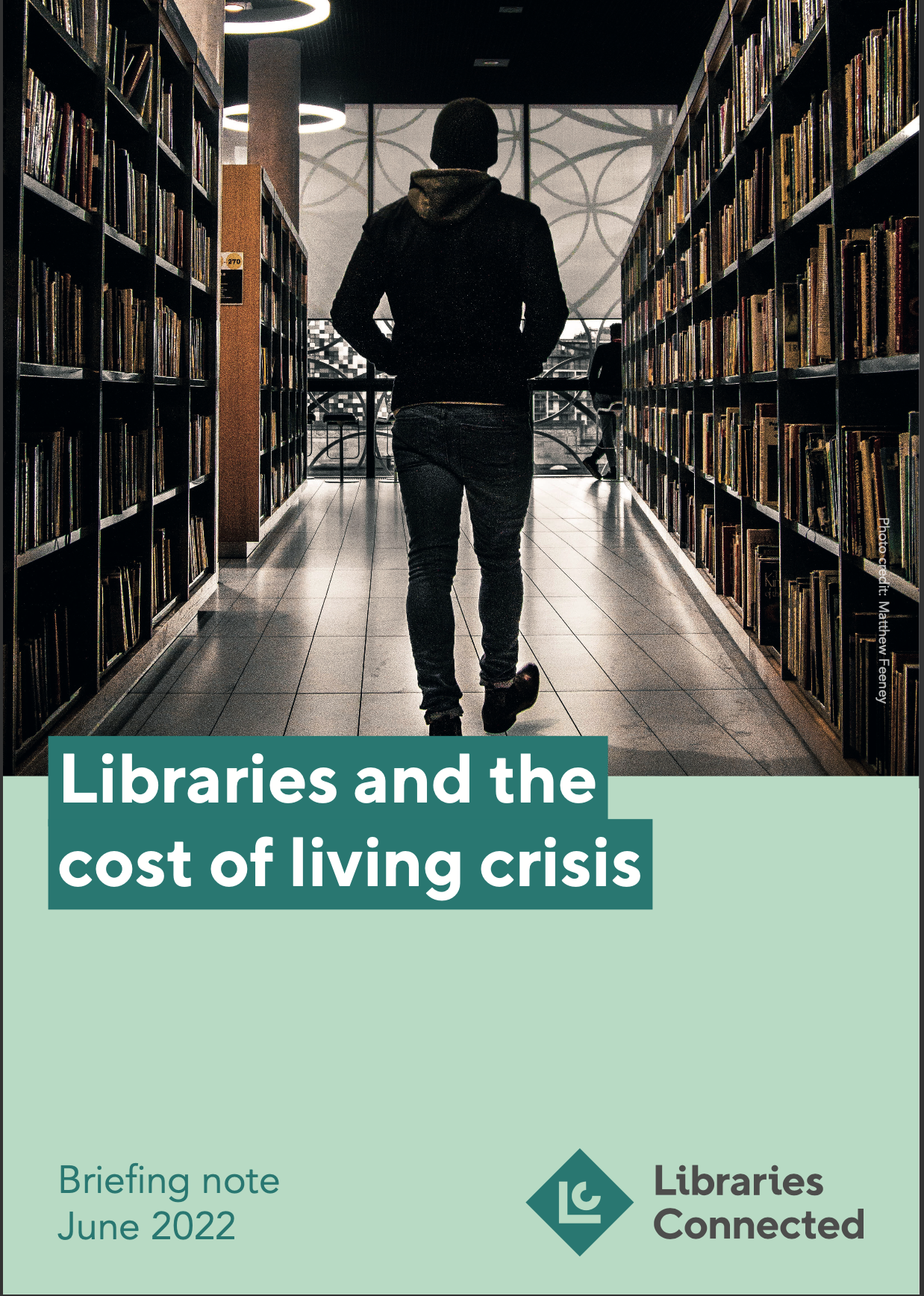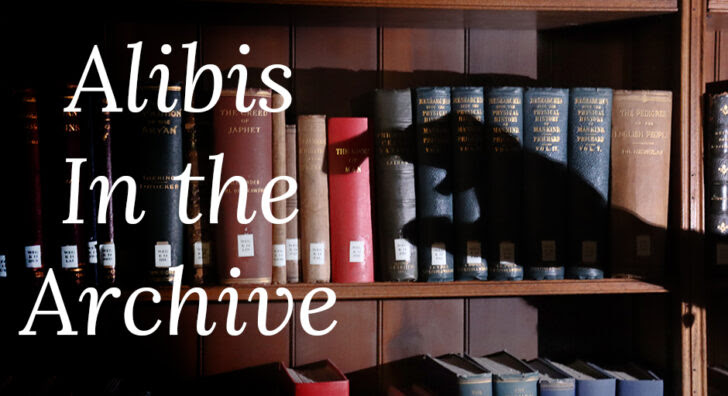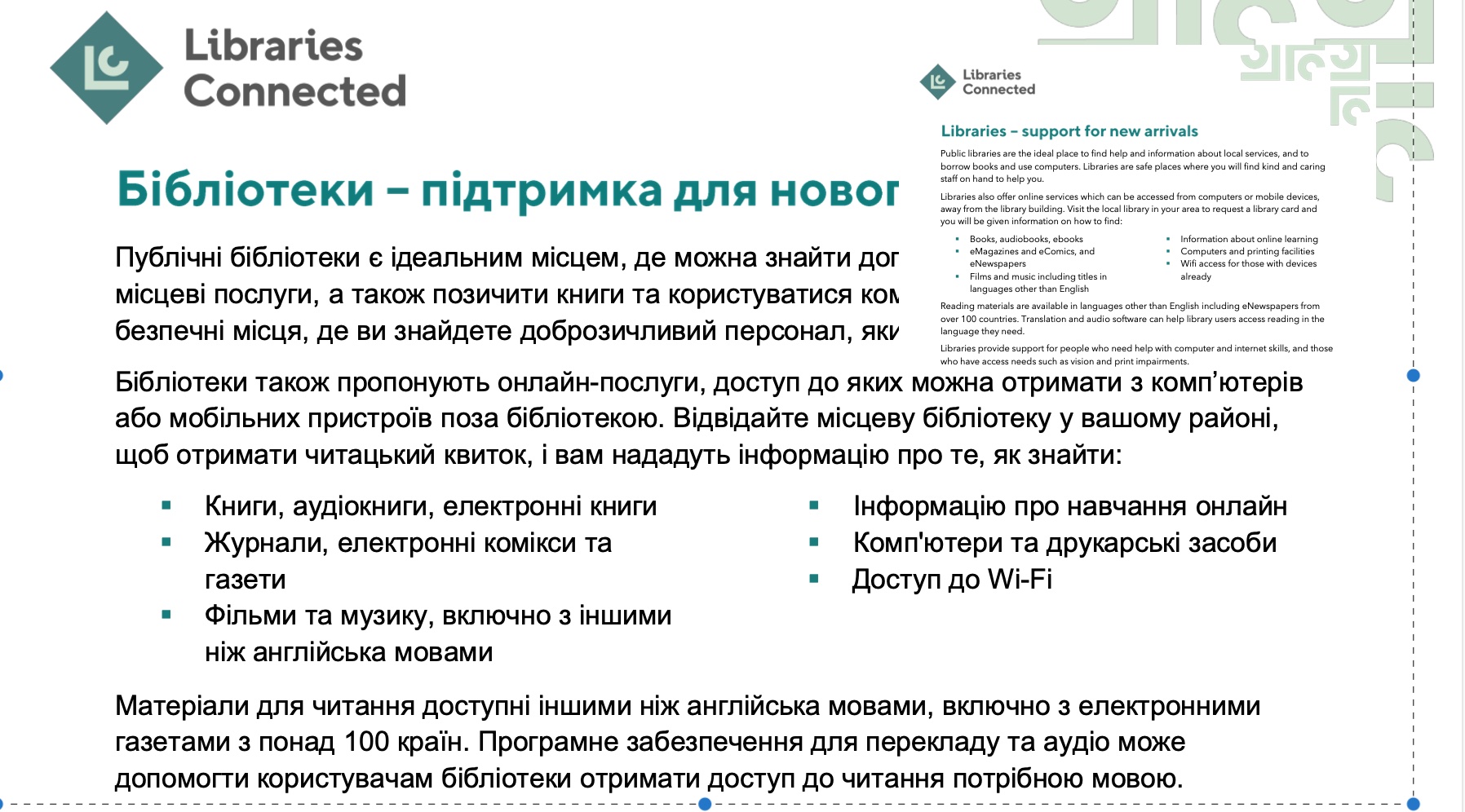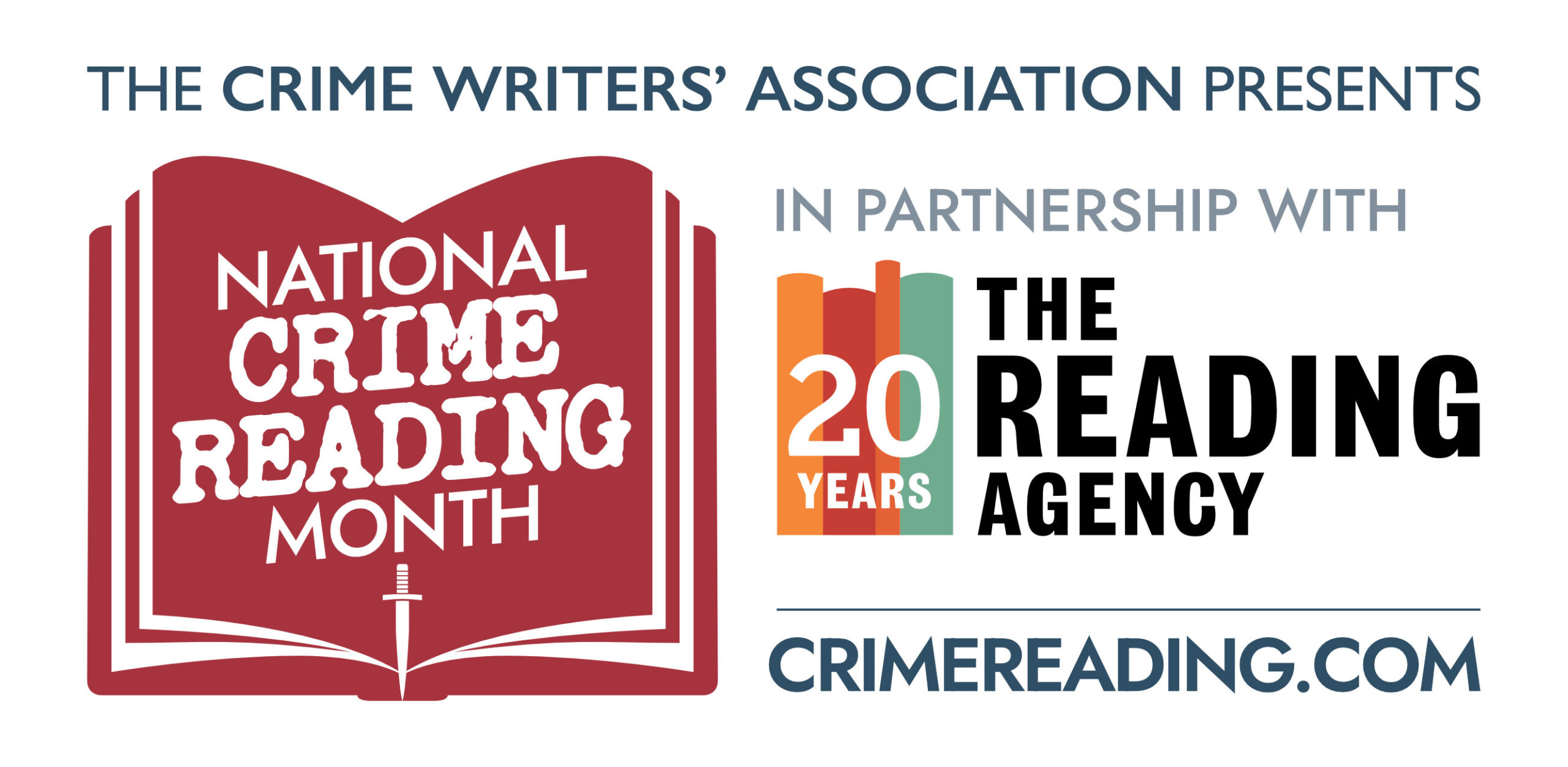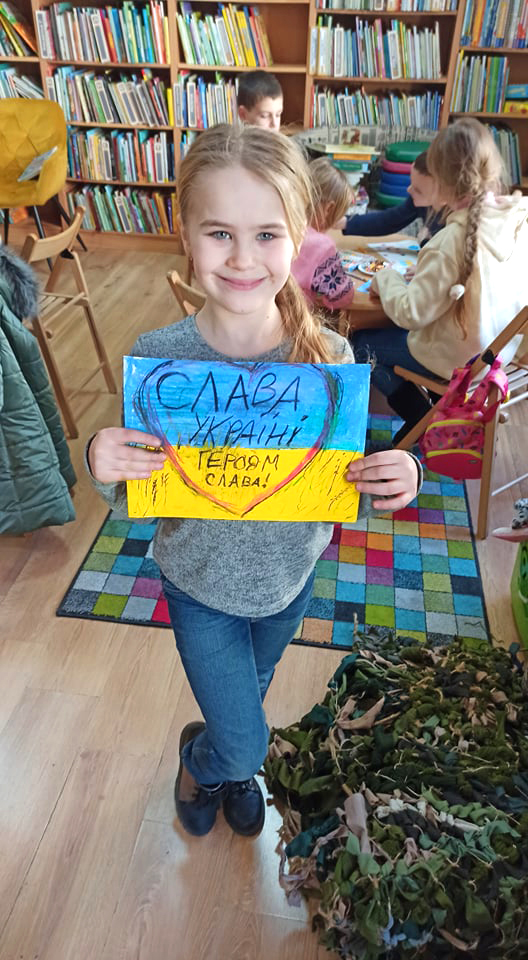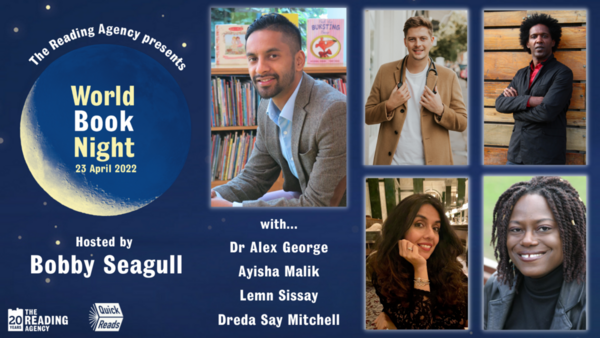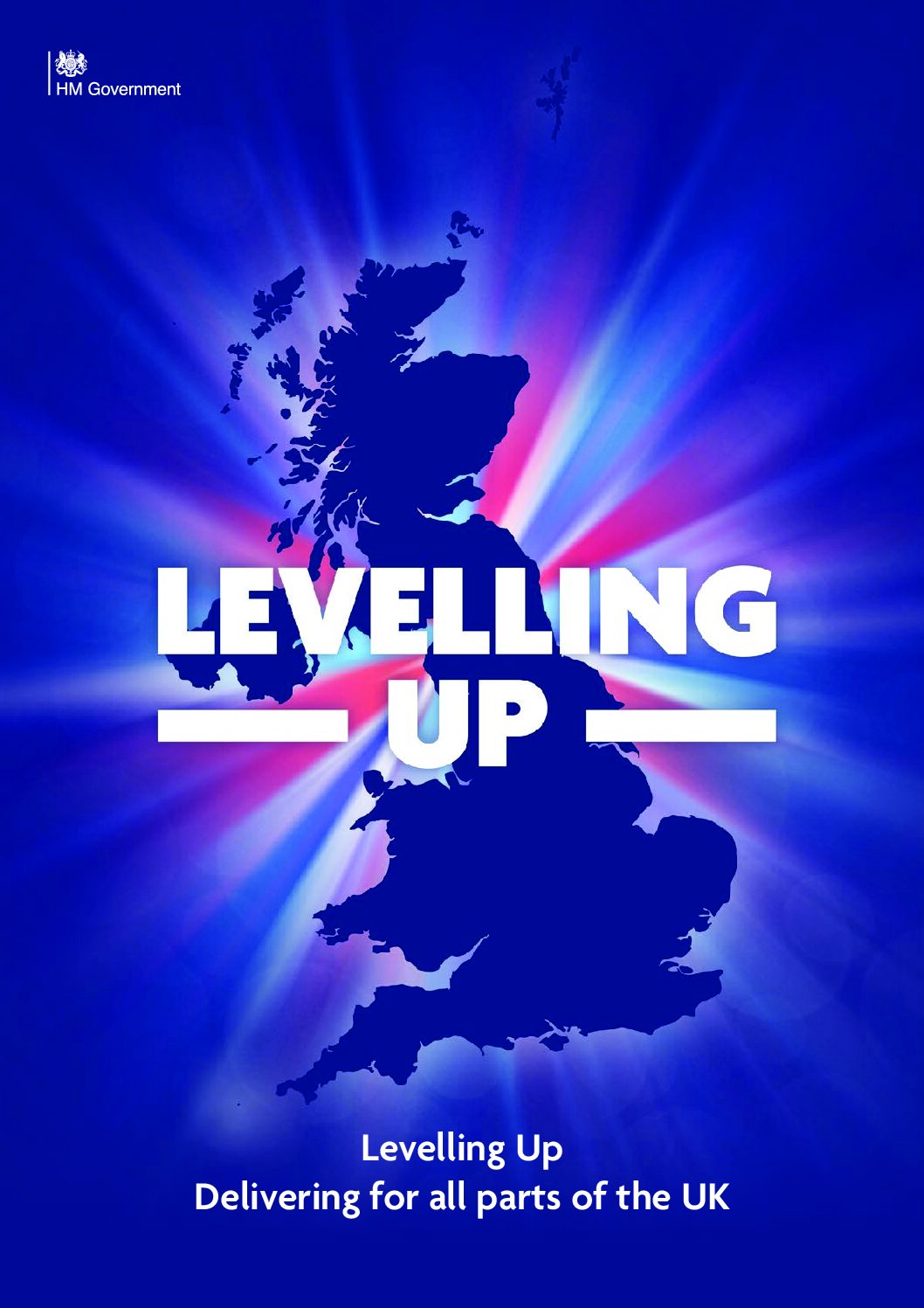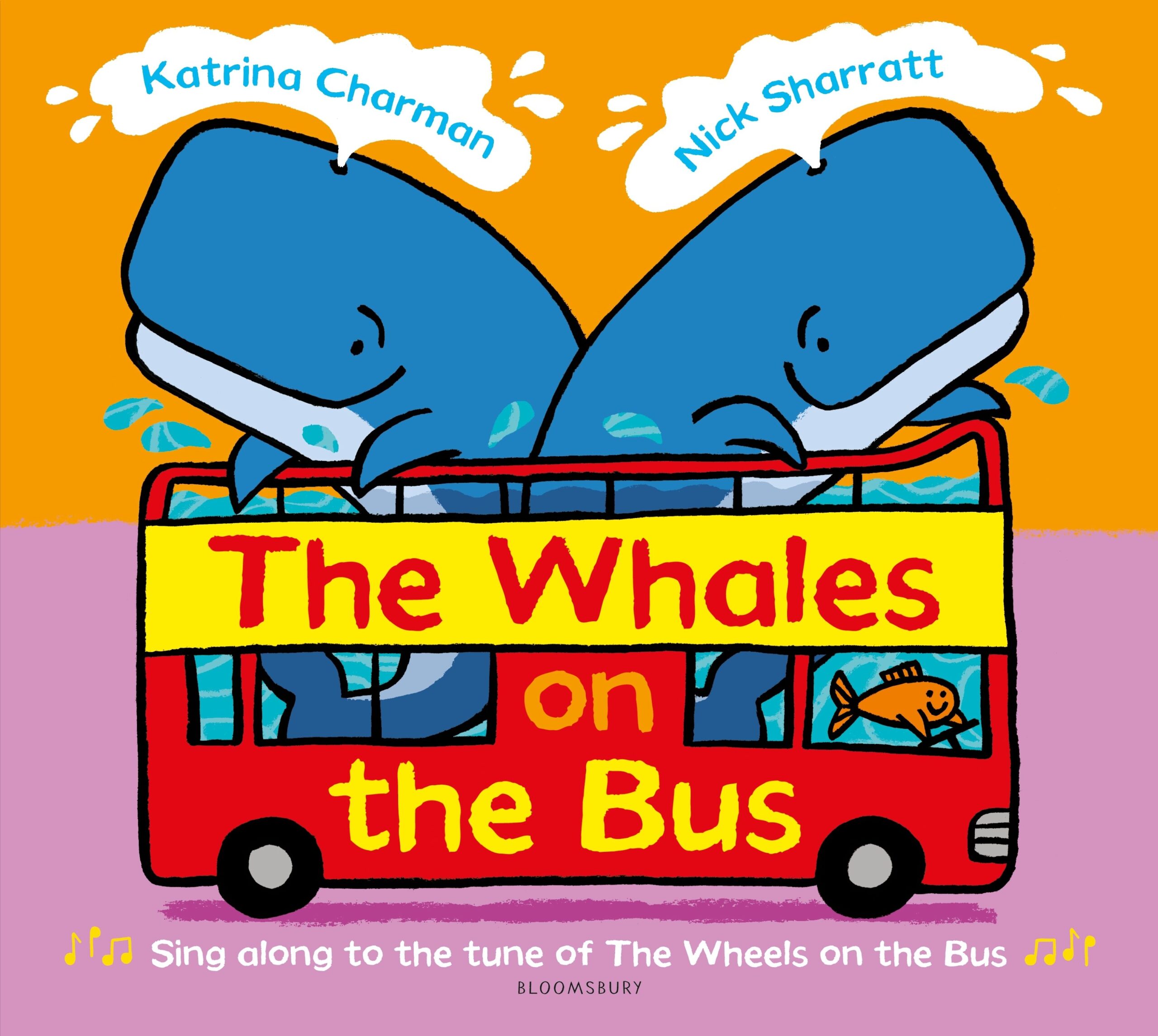How do you turn a solid plank into a damp squib? For one answer, turn to the government’s White Paper on levelling up. This enticing concept, remember, was the major plank of the government’s offer to “left behind” communities that have turned Tory. Enticing, but mysterious…
After long, long delays a White Paper has come out. The main message is there’s no new money. This hasn’t gone down well. Attached to this a thumping great 330+ page report analysing the nation’s many problems. This has been better received. But how can its big ambitions be turned into action?
Libraries should be part of the solution. It won’t be easy, though, to dig out useful ideas from the welter of recycled one-off funds and schemes now on offer.
Luckily, you don’t have to read it all yourself. Libraries Connected invites you to a FREE webinar, 1-2pm, 24 February, where experts will wrestle with questions such as:
• How do the White Paper’s “missions” resonate with the work of libraries?
• Is levelling up only for the north or will it be a set of principles for all areas of the country?
• What funding and development opportunities will there be?
• How can libraries get in on the action including at the regional level?
The speakers are:
· Professor Michael Kenny, Bennett Institute Cambridge
· Philip Clifford, Senior Adviser at LGA (devolution, place-based growth and international policy)
· Paul Clifford, Head of Economic Development, Barnsley Council
Book your place here
